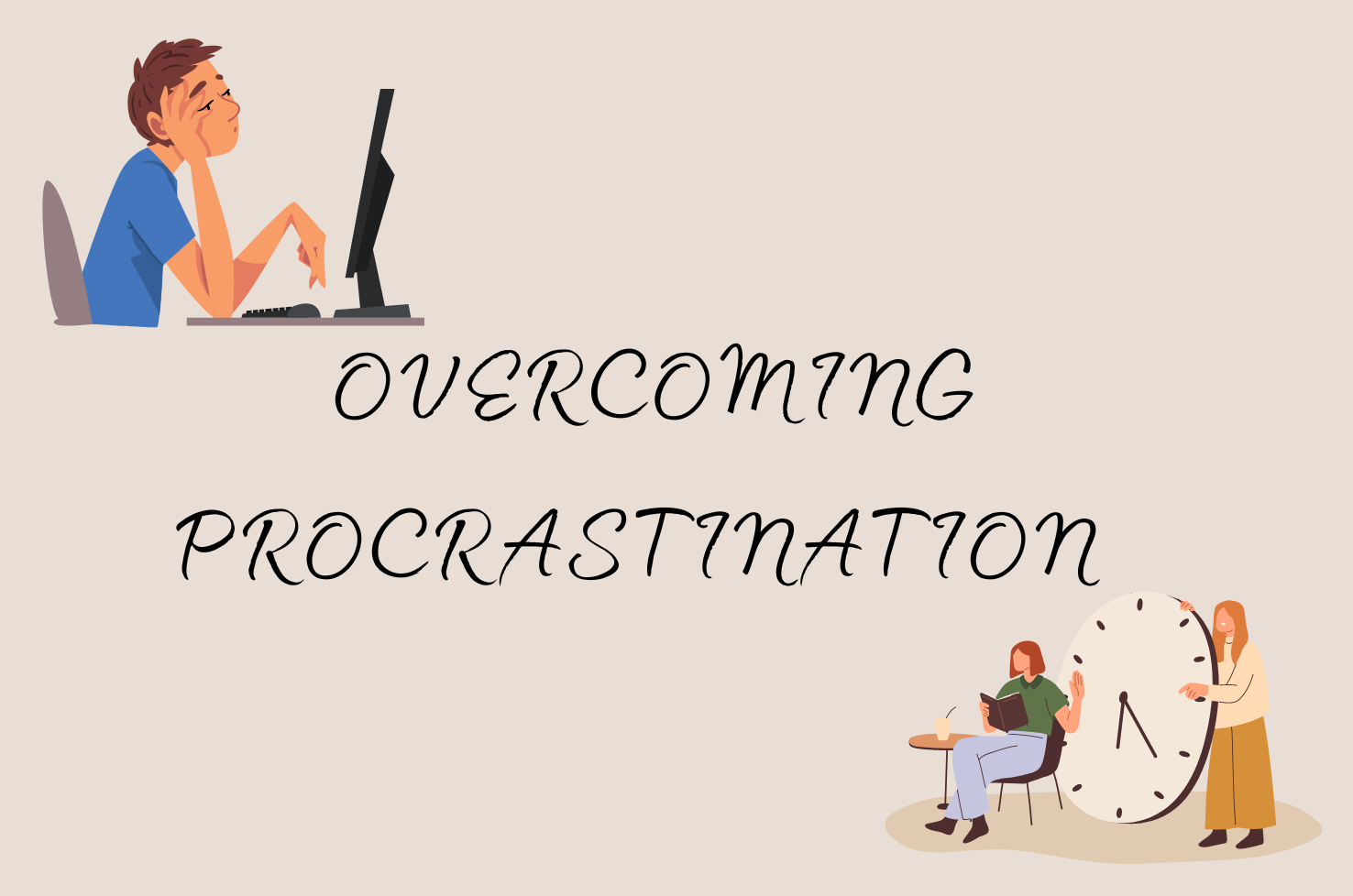Exploring Procrastination, Emotional Dependency, and Impostor Syndrome
Exploring Procrastination, Emotional Dependency, and Impostor Syndrome
Blog Article
In today's fast-paced world, people often face internal obstacles that affect their daily lives. Among these, procrastination, emotional dependency, and impostor syndrome are some of the most common challenges. What can you do to break free from these patterns?
This article, we will explore the root causes and strategies to address these three challenges. By understanding their impact and learning to manage them effectively, you can build a healthier mindset and achieve your goals.
What is Procrastination?
Procrastination refers to postponing important activities despite knowing their importance. It often stems from fear of failure, lack of motivation, or poor time management.

The dependencia emocional o que é effects of frases sobre dependencia emocional procrastination, can be far-reaching. To combat procrastination requires practicing self-discipline and breaking tasks into smaller steps. Consider techniques like the Pomodoro Technique or setting realistic deadlines to stay on track.
The Nature of Emotional Dependency
Emotional dependency is a state where a person depends excessively on external relationships to fulfill their emotional needs. While human connection is essential, emotional dependency turns detrimental when it leads to a lack of independence.

Common signs of emotional dependency include a fear of rejection, difficulty making decisions independently, and an overwhelming need for reassurance. To overcome emotional dependency, it’s crucial to develop self-awareness and learn to validate yourself internally. Therapy, mindfulness practices, and journaling can provide significant support.
What is Impostor Syndrome?
Impostor syndrome is the persistent belief where someone feels like a fraud despite evident success. People with impostor syndrome often attribute their achievements to luck rather than skill or effort.

Impostor syndrome often results in anxiety, self-doubt, and hesitation to pursue new opportunities. Addressing this issue involves challenging self-critical beliefs and celebrating accomplishments. Seeking feedback from trusted peers and setting realistic expectations can support personal growth.
Steps to Overcome Procrastination, Emotional Dependency, and Impostor Syndrome
To navigate these issues, consider the following strategies:
- Develop structured daily plans and set achievable goals.
- Build self-awareness to identify patterns of emotional dependency and work towards independence.
- Acknowledge your strengths regularly and seek professional guidance if needed.
Consistency is key, so keep practicing these methods to achieve lasting transformation.
Conclusion: Taking the First Step
Procrastination, emotional dependency, and impostor syndrome can feel overwhelming, but they are manageable with the right strategies. With awareness and consistent effort, you pave the way for a healthier, more fulfilling life.
Take the first step by acknowledging where you stand and adopting simple, actionable strategies. Always keep in mind: progress is a journey, not a destination.
Report this page